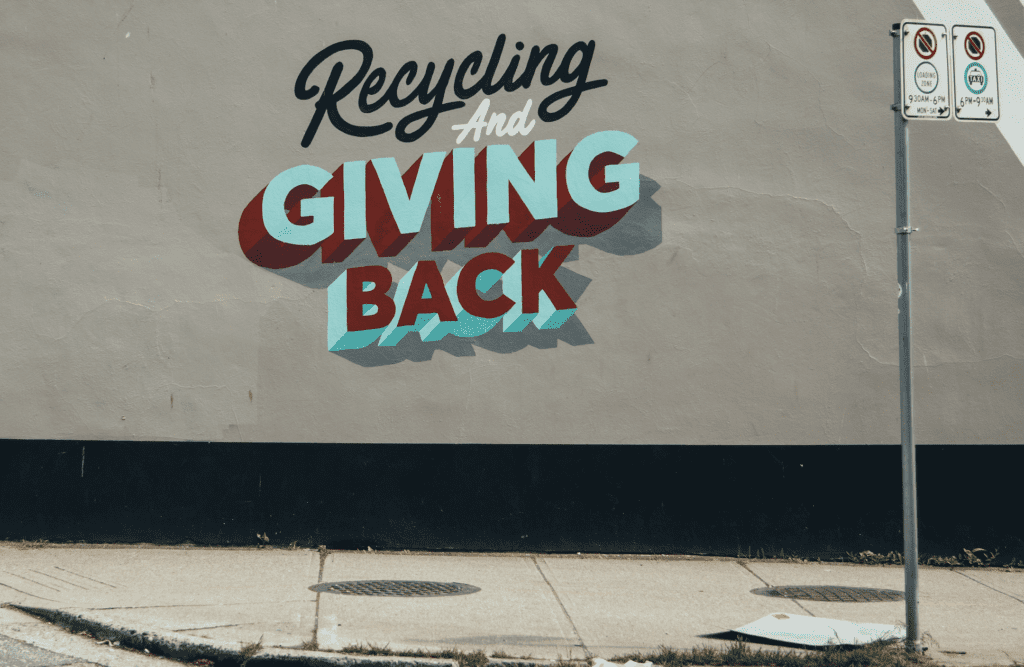The Council for the European Union has adopted its initial position on an anti-greenwashing directive that aims to stop companies from making misleading claims about the environmental credentials of their products and services and to enable consumers to make “truly greener decisions when buying a product or using a service.” In a statement on Monday, the European Council revealed its “general approach” to the Green Claims Directive, which it says will form the basis for negotiations with the European Parliament on the final shape of the directive during the upcoming EU legislative session.
“Today, we reached an important agreement to fight greenwashing by setting rules on clear, sufficient, and evidence-based information on the environmental characteristics of products and services,” Alain Maron, climate change and environment Minister of the Government of the Brussels-Capital Region said. Specifically, the European Council’s proposal targets explicit environmental claims (written or oral text) and environmental labels that companies use voluntarily when marketing their greenness and which cover the environmental impacts, aspects or performance of a product or trader. It also applies to existing and future environmental labelling schemes, both public and private ones. (Emphasis courtesy of the Council.)
The Council’s anti-greenwashing proposal includes the following top-line points …
> Clearer and evidence-based claims: Companies should use clear criteria and the latest scientific evidence to substantiate their claims and labels. At the same time, environmental claims and labels should be clear and easy to understand, with a specific reference to the environmental characteristics they cover (such as durability, recyclability, or biodiversity). (Emphasis courtesy of the Council.)
> Prior verification and simplified procedure: Any green claim needs to be verified by third-party independent experts before being published. Certain types of explicit environmental claims being from third-party verification, namely, eligible companies should prove their compliance with the new rules by completing a technical document, which must be completed before the claim is made public. (While microenterprises will also be subject to verification, they will have 8 months more than other businesses to comply with those rules.)
> Public environmental labels: Acknowledging the importance of existing national or regional public labelling schemes, the Council agreed on the possibility of establishing new schemes and exempting those regulated by EU or national law from third-party verification, provided the latter meet EU standards as regards both procedures and standards. (Emphasis courtesy of the Council.)
> Climate-related claims: The general approach introduces new requirements to prove climate-related claims, including those involving carbon credits. The general approach includes the obligation to provide information about the type and quantity of carbon credits, and whether they are permanent or temporary, among others. The Council’s position also distinguishes between: (1) contribution claims (carbon credits to contribute to climate action), and (2) offset claims (carbon credits to balance out an emissions share). In terms of the latter, companies must prove a net-zero target and show progress towards decarbonization, as well as the percentage of total greenhouse gas emissions that have been offset.
THE BIGGER PICTURE: The European Council’s initial stance follows from the introduction of a proposal of the Green Claims Directive in March 2023. Focused primarily on consumer-facing environmental claims that companies make about themselves, as well as their products/services, the Green Claims Directive – which will apply to the vast majority of EU operating companies – will introduce new minimum substantiation requirements and mandate that companies making environmental claims communicate them accurately and have them verified by a third-party before being published.
Additionally, it will prohibit the use of generic environmental claims (such as “eco-friendly”, “eco”, “green”, “sustainable”, “made of 100% recycled plastic” and “climate neutral”) unless they are based on demonstrated environmental performance.
More broadly, Green Claims Directive aims to “accelerate the green transition towards a circular and clean economy in the EU” and enable to the 27-member bloc to achieve climate neutrality by 2050.
Reflecting on the Council’s initial position, Stuart Lemmon, CEO of climate change consultancy EcoAct, told TFL, “We are on the brink of significant changes in how environmental claims are validated and communicated. While most companies do not intentionally engage in greenwashing, many find it challenging to navigate the fragmented landscape of environmental policy, guidance, and best practice.” He further noted that the Green Claims Directive “promises to streamline guidelines while requiring companies to back their claims with solid evidence, setting new standards for transparency and accountability. This should make it easier for consumers to trust environmental claims and labels and for companies to demonstrate genuine climate action.”











